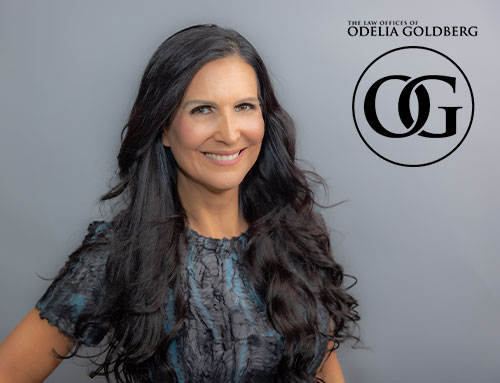The Tupac Shakur estate is no stranger to litigation. After his death in 1996, the Gansta-rapper’s mother, Afeni, a former Black Panther and paralegal, litigated (successfully!) for five years for his unpaid royalties and the return of his unreleased recordings. Tupac’s mom also had the foresight (and legal counseling) to establish a trust to protect Tupac’s artistic and intellectual property rights moving forward.
At his mom’s death in 2016, per the trust terms, the trustee (Tupac’s manager) was to distribute all of her and Tupac’s personal property (pictures, jewelry, clothes and cars) to the beneficiaries; unless the item was “held primarily for investment.” A bit ambiguous, and this is the focus of the latest of the Tupac lawsuits.
Tupac’s sister, Sekyiwa is suing the trust and claiming that the trustee applied the exception of “investment” to personal items too liberally by not allowing her to have sentimental items from her mother and brother’s estates. The trustee, on the other hand, claims that “investment property” is defined as anything that could either be in a museum or auctioned off at a substantial premium.
This feud is exasperated by the fact that there’s a pop-up museum going on in LA featuring a lot of Tupac’s personal items (talk about adding insult to injury!)
So, what can be learned from this spat over personal items? The question that the Courts will contend with is, what personal items are to be held for investment and what are to be distributed to the beneficiaries?
We would expect the trust terms to outline what is distributable personal property (to be given directly to the beneficiaries) and what is investment property held for investment (to be held in trust for the benefit of the beneficiaries). Since the trust in question doesn’t give much guidance, the trustee probably has the power within the trust agreement to decide which items are defined as “investment properties” without input from the beneficiaries. Either way, the trustee’s goal in either the retention or distribution of various items is ultimately intended for the betterment of all the trust’s beneficiaries.
As to the Tupac’s case, it’s obvious that the museum is intended to make a profit for the trust, where Sekyiwa is a beneficiary, there’s no obvious answer here. And we learn a lesson in designating a trustee that can get (hopefully) along with everyone and making trust terms clear and obvious.







The information on this website is for general information purposes only. Nothing on this site should be taken as legal advice for any individual case or situation.
This information is not intended to create, and receipt or viewing does not constitute, an attorney-client relationship.
© 2025 The Law Offices of Odelia Goldberg. All Rights Reserved. Privacy Policy. Web Development by IWD Marketing